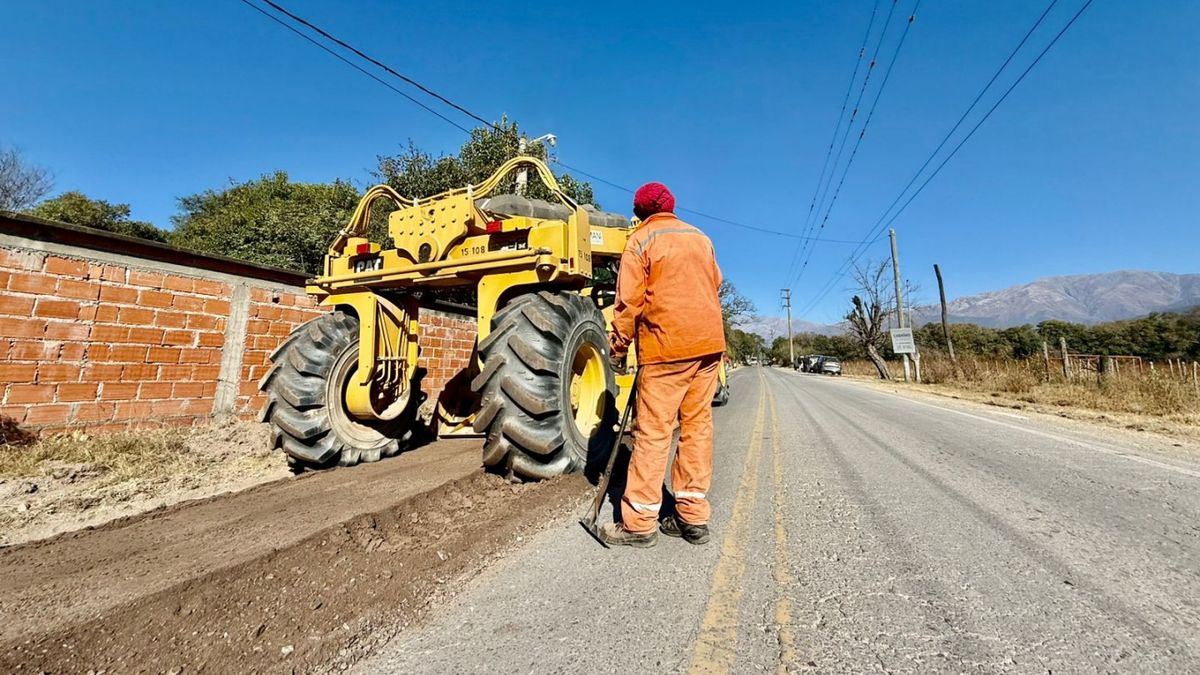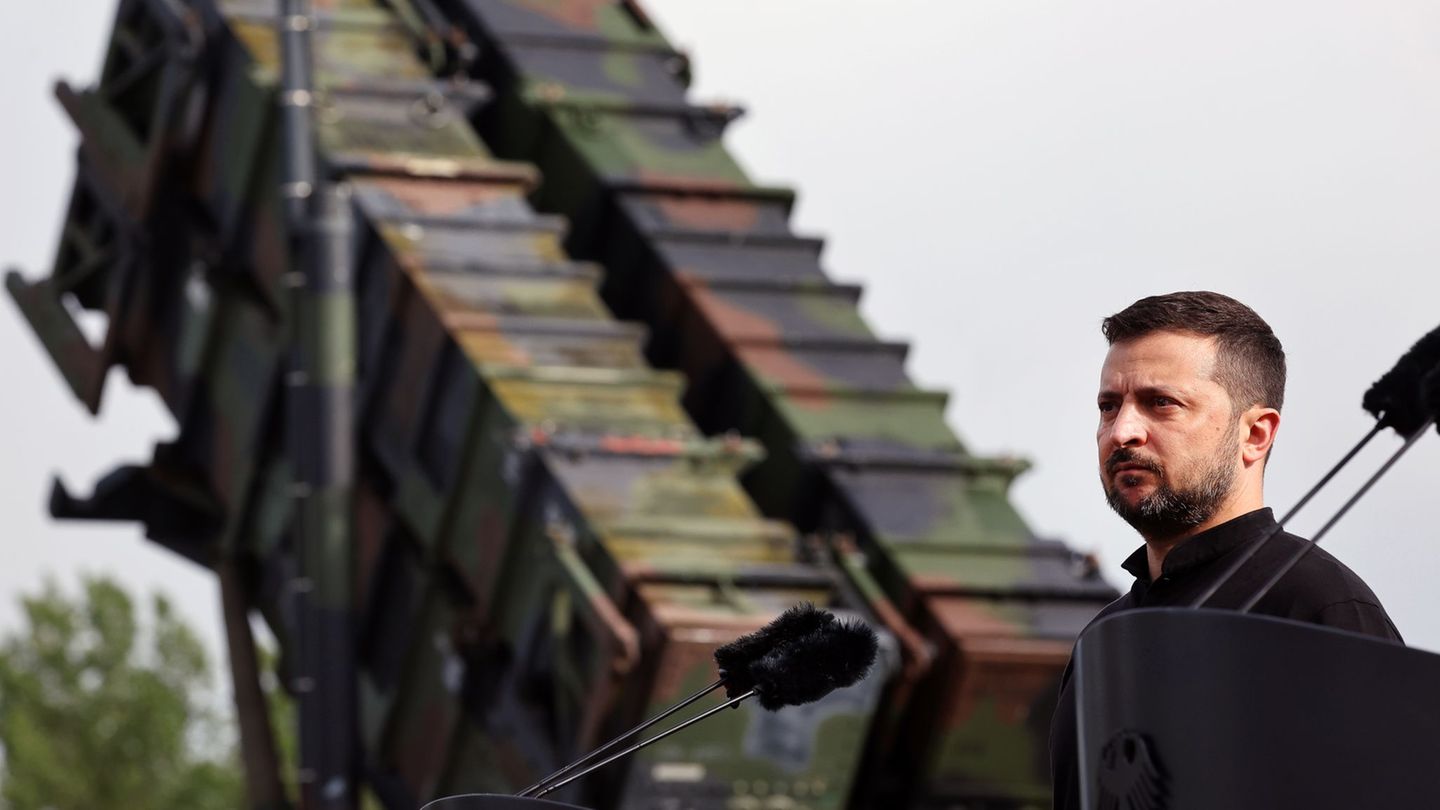Image: ROLAND SCHLAGER (APA/ROLAND SCHLAGER)
The elevator fitters in Vienna will kick things off with a public works meeting on Triester Straße between 7 a.m. and 10:30 a.m. in the presence of ÖGB boss Wolfgang Katzian and AK President Renate Anderl. According to the ÖAMTC, there are traffic jams. On Monday, companies such as Pewag, Knorr Heid, voestalpine, Bosch, Blum, Otis and Kone are to go on strike for three hours each. On Tuesday there will be warning strikes at companies such as Palfinger, Berndorf, Collini and Otto Bock. On Wednesday there will be work stoppages at BMW Motoren, Liebherr, Hella, Steyr Arms, Diamond Aircraft and Rheinmetall MAN Military, among others.
Last week, after eight hours of negotiations for a new Metaller-KV in the Chamber of Commerce in Vienna, the social partners came only a little closer. The unions continue to insist on an increase in wages and salaries of 11.6 percent, the employers have improved their previous percentage increase, garnished with one-off payments. In addition to a one-year degree, the metal engineering industry association also offered a two-year degree.
- Read more: Warning strikes: From today on, the metal workers are stopping work for more pay
Binder: KV conclusion “excluded” due to inflation
PRO-GE chief negotiator Reinhold Binder ruled out a KV agreement “below the inflation rate, especially for employees in the lowest wage categories” in the “ZIB2” on Sunday evening. It’s also about “that other parameters are important”, such as “being able to convert elements of the degree into additional time”. This would help companies that “may be having order difficulties right now,” said the top trade unionist. Binder would like to see “a fair and reasonable offer” from employers in the fifth round of negotiations on Thursday.
Knill: Current offer for companies “just about feasible”
The chairman of the Association of the Metal Technology Industry (FMTI), Christian Knill, defended the employer’s offer including one-off payments in the Ö1 “Morgenjournal” on Monday. “It’s also about ensuring that we don’t cause lasting and lasting damage to the companies,” said Knill. The industry is affected by an economic recession and too high a KV qualification would lead to a loss of location attractiveness and job losses. The current KV offer is “just about feasible for the companies,” says Knill. The employer representative has little understanding for the union’s rejection of one-off payments. These exist in Germany and Scandinavia, for example.
The strike statistics in the metal industry show two major work stoppages in the recent past: in 2011 there were strikes in around 200 companies with 100,000 employees and in 2018 in over 240 companies with more than 70,000 employees.
more from economics




